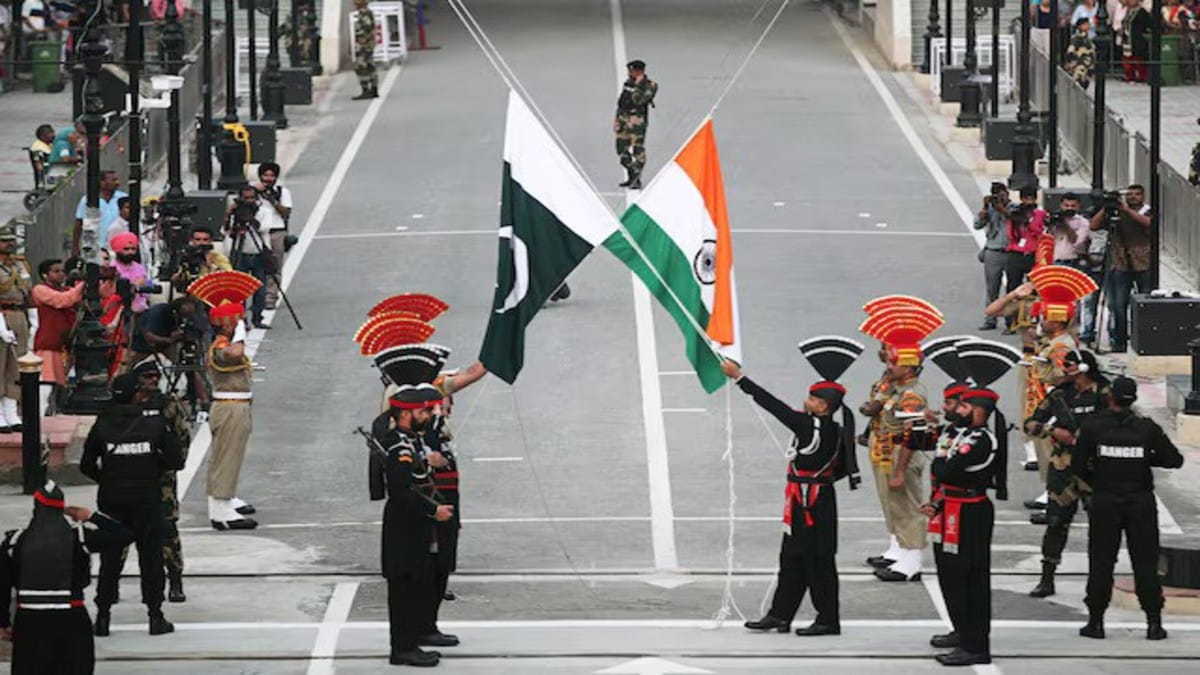

Recent events have further strained the already tense relationship between India and Pakistan. New Delhi has expelled a staff member from the Pakistan High Commission, accusing the individual of espionage. Islamabad has reacted sharply, denying the allegations and subsequently expelling an Indian diplomat in a tit-for-tat move.
The Indian Ministry of External Affairs (MEA) declared the Pakistani official persona non grata, stating that the individual was "indulging in activities not in keeping with his official status in India." The official was given 24 hours to leave the country. While the MEA did not disclose specific details, it is believed the expulsion is linked to an espionage case being investigated by Punjab Police. Reports suggest that two individuals have been arrested for allegedly leaking sensitive information to a Pakistan-based handler regarding Indian Army movements. These arrests, along with the expulsion, point to a network of espionage activities that Indian authorities claim to have uncovered.
Pakistan's response was swift. The Pakistani Foreign Ministry summoned India's Charge d'Affaires in Islamabad to lodge a strong protest, rejecting the allegations as "baseless." Shortly after, Islamabad declared a staff member of the Indian High Commission persona non grata, mirroring India's actions. Pakistan's Foreign Ministry stated that the Indian official was involved in activities "incompatible with his privileged status" and ordered their departure within 24 hours.
These diplomatic expulsions are the latest in a series of escalations between the two nuclear-armed neighbors. Tensions have been running high since an attack in April that killed civilians in the Indian-controlled part of Kashmir. India accused Pakistan of backing the gunmen, a claim Islamabad denies. In the aftermath, there have been reports of military strikes and cross-border firing, leading to a ceasefire.
Prime Minister Narendra Modi has asserted a firm stance, stating that India will not hesitate to use force to neutralize terrorist camps in Pakistan, describing it as a "new normal" in relations. Modi emphasized that any dialogue with Pakistan would only focus on terrorism and Pakistan-occupied Kashmir. He also warned against any "nuclear blackmail," vowing a strong response to further terrorist attacks.
Experts suggest that the traditional "red lines" that once defined the India-Pakistan relationship have been eroded, with both sides willing to take greater risks. This creates a precarious situation where a single militant attack could potentially trigger a larger conflict, leaving little room for diplomacy. Some analysts point to a shift in India's approach, with a greater willingness to carry out strikes across the border, even targeting military infrastructure.
Despite the heightened tensions, there are also some signs of potential de-escalation. A ceasefire brokered by the United States has been holding, and there have been reports of talks between the Director Generals of Military Operations (DGMOs) of both countries. The focus of these talks is reportedly on maintaining the ceasefire and addressing concerns.
However, the overall outlook remains uncertain. The recent expulsions of diplomatic staff have further strained relations. While some analysts suggest that climate change and other environmental issues might offer a potential avenue for cooperation, deep-seated distrust and conflicting narratives continue to pose significant challenges to any meaningful dialogue. With a history marked by wars and persistent tensions, the path forward for India-Pakistan relations remains fraught with uncertainty.